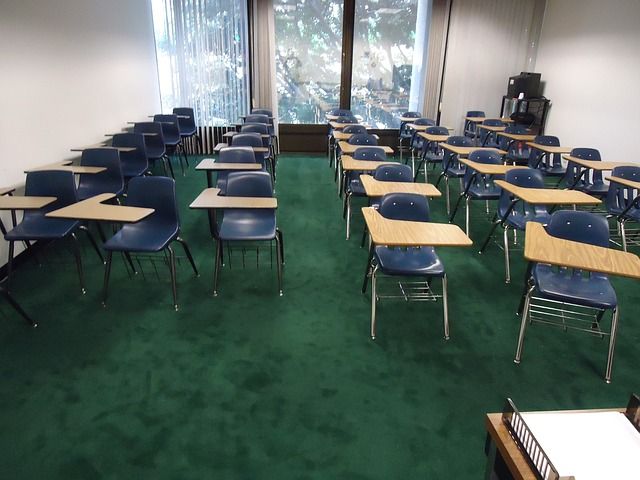Millions of children in Pakistan are being deprived of an education, reports HRW

In a country with a population of 207 million, nearly 22.5 million of Pakistan’s children are out of school, the majority of them girls, according to a new report released by Human Rights Watch (HRW).
As of 2017, Pakistan was spending less than 2.8% of its GDP on education—far below the 4–6% recommended by international standards—meaning the government’s education system is severely under-funded.
Both boys and girls are missing out on an education in unacceptable numbers, but girls are the worst affected. Thirty-two percent of girls of primary school age are out of school, compared to 21% of boys. By grade six, those numbers have risen to 59% for girls and 49% for boys. By the ninth grade, just 13% of girls are still in school.
The factors HRW found to be keeping girls out of school include: lack of and under-investment in schools, prohibitive school fees and related costs, corporal punishment, and a failure to enforce compulsory education. HRW also found poor quality within both government and low-cost private schools, a lack of government regulation of private schools, and corruption.
External factors such as child labor, gender discrimination, child marriage, sexual harassment, insecurity, and attacks on education were also found to be stopping girls from attending school.
“The Pakistan government’s failure to educate children is having a devastating impact on millions of girls,” asserts Liesl Gerntholtz, women’s rights director at HRW. “Many of the girls we interviewed are desperate to study, but instead are growing up without the education that would help them have options for their future.”
According to IZA World of Labor author, Paul J. Devereux, “policies that increase educational levels may have benefits that extend well into future generations.” He writes that “there is a positive intergenerational return to human capital, but it tends to be larger in countries where education significantly increases earnings and private education is expensive.” Such positive intergenerational returns, according to Devereux, “strengthen the case for government subsidy of education and for compulsory schooling laws.”
Newly-elected Prime Minister Imran Khan has promised major reforms to the education system and is aware of the specific problems affecting girls’ access to education: “We will prioritise establishment and upgradation of girls’ schools and provide stipends to girls and women for continuing their education,” his party’s manifesto says.